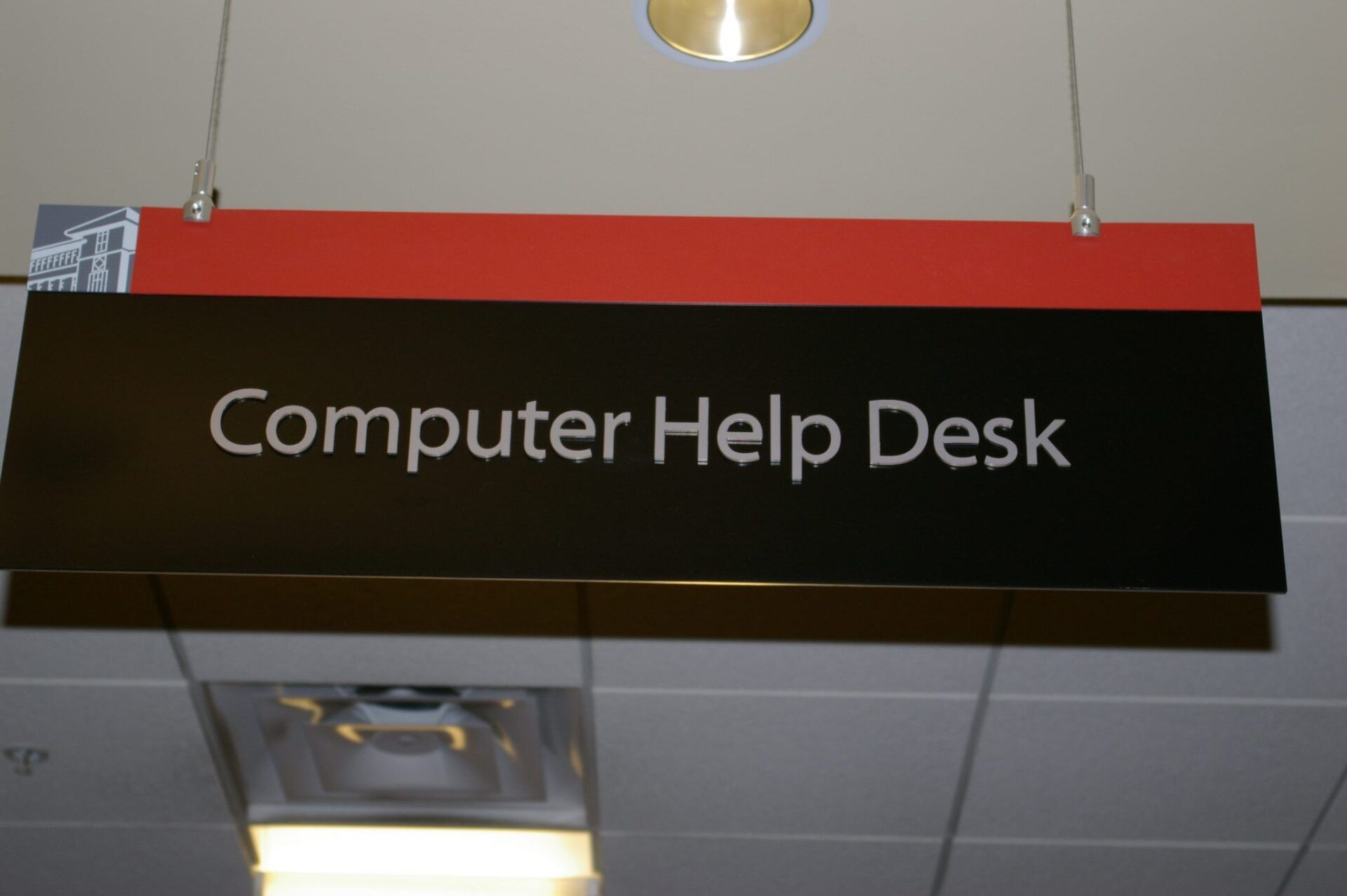How to choose a Helpdesk and IT Support provider for my Company
For the last several weeks we’ve been looking at whether or not your company should invest in IT support services, if you should have in-house expertise or outsource and finally whether you should outsource to a company on a break-fix (time and materials) basis on with a managed IT support company that proactively monitors your network. Today we are going to look at how to choose your managed IT services company.

Are All Managed IT Service Companies the Same?
The first thing you should realize is that there are as many different business models for IT support companies as there are companies providing this service. Additionally, many companies that provide ancillary IT services, like printer support and telephony services, will claim to be managed services providers. If you need a support desk that manages your network infrastructure, maintains your servers and provides desktop and application support you should look at companies that specialize in those services. Managed IT services should generate at least 50% of their business revenue. If it does not then they are not optimized for providing those services nor will your needs be as important to their business as their core customers.
Now that you have narrowed the field to those companies that specialize in help desk support, you should consider the following factors:
- Do they use an integrated monitoring system? There are all sorts of methods for monitoring and supporting workstations and servers. Some companies will use multiple tools, one for remote access, one for monitoring, and another for update services, anti-virus, etc. Each of these tools places a burden on your devices, using valuable resources like RAM and CPU. This can result in actually slowing down your computers, the exact opposite effect you desire.
- Does the company support all the different operating systems used in your company? Long gone are the days when a business was 100% Microsoft or Apple. BYOD means an IT support company has to support smartphones, tablets, phablets, laptops, desktops, and servers. Your company may have many different operating systems. You may have multiple Windows and OSX (Apple) versions on your desktop or laptops; Windows, Android or IOS versions on your tablets and smartphones, etc.
- What kind of pricing model are the companies offering? In general, companies offer two different pricing models. Some companies provide unlimited support and charge you based on the number of devices being supported others sell you a block of hours at a discounted rate. If you go over the allocated hours you pay at a rate that is still discounted but not as aggressively as the block hours.
Pros and Cons of Unlimited Support Plans
The unlimited support model may seem like the most attractive. The set fee is easy to budget and there are no surprises. There is, however, a hidden cost. When users know that they can call for any problem and it won’t cost the company more money, they will call. Utilization is higher with unlimited support models. The provider will point this out as a proof of their effectiveness and they claim more value since the cost per hour to you may appear to be less but that is misleading. As I wrote 3 weeks ago in Does My Company Really Need Helpdesk IT Support one cost to not having IT support is a loss of productivity. Interestingly enough using too much support can have the same effect. If your employees are spending time trying to resolve issues they aren’t producing for your company. This cost you in both profit and efficiency. With a set number of retainer hours each month or quarter, your employees will actually be more productive. Employees only call when issues impact their production. Furthermore, it is in the support company’s best interest to keep the time used to under the allocated amount. If you have to pay overage charges too frequently it will seem like a bait and switch and you will probably change providers. In order to keep their clientele happy, these IT service providers must be more efficient. This means your employees spend more time producing your product or service.
In summation, you should look for an IT service company that specializes in support desk functionality, can service your entire network and do so efficiently so that your staff spends more time producing your product or service.
Next week we will look at Voice over IP and how it can help or hurt your business.
The post How to choose a Helpdesk and IT Support provider for my Company appeared first on SDTEK | San Diego, CA.


